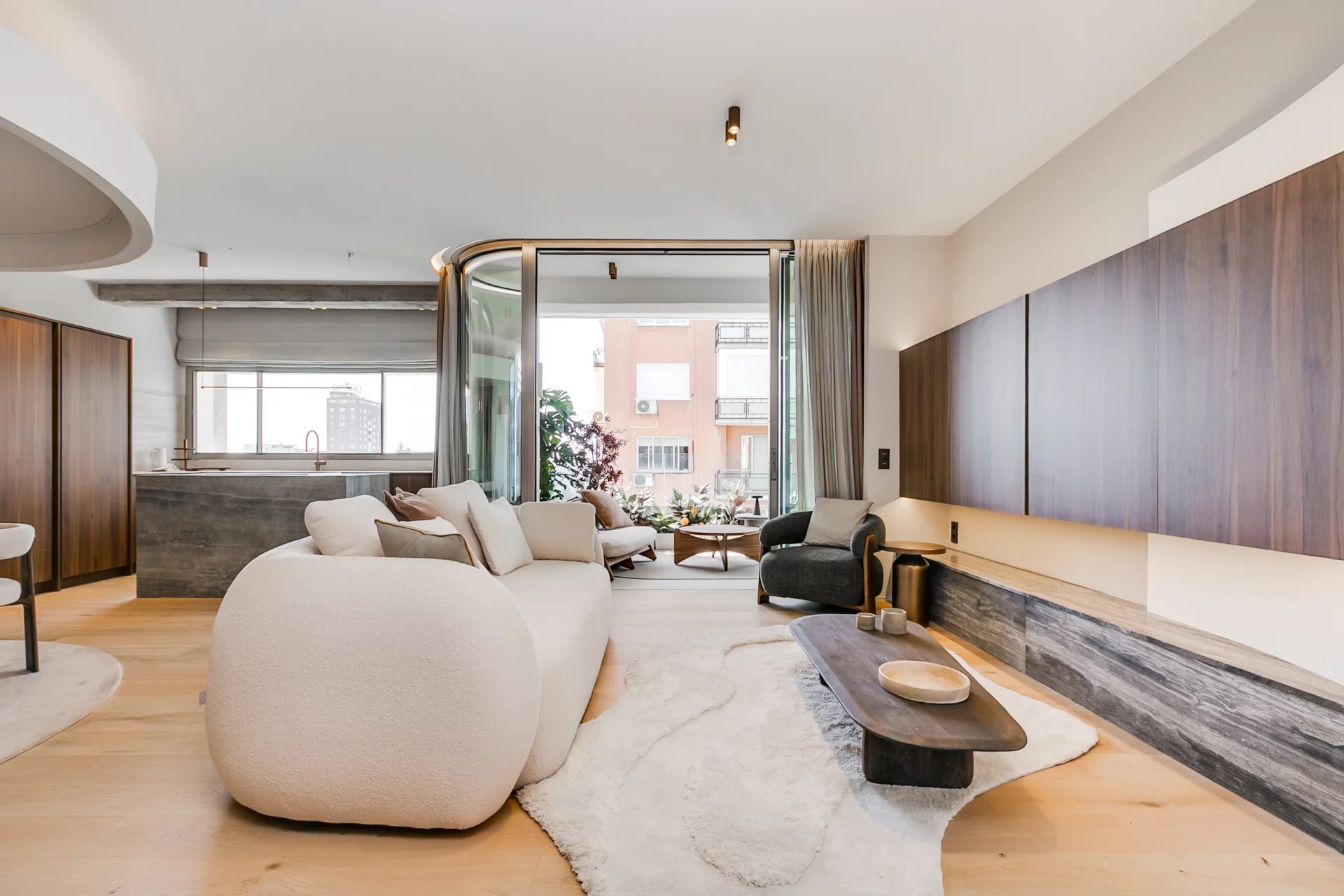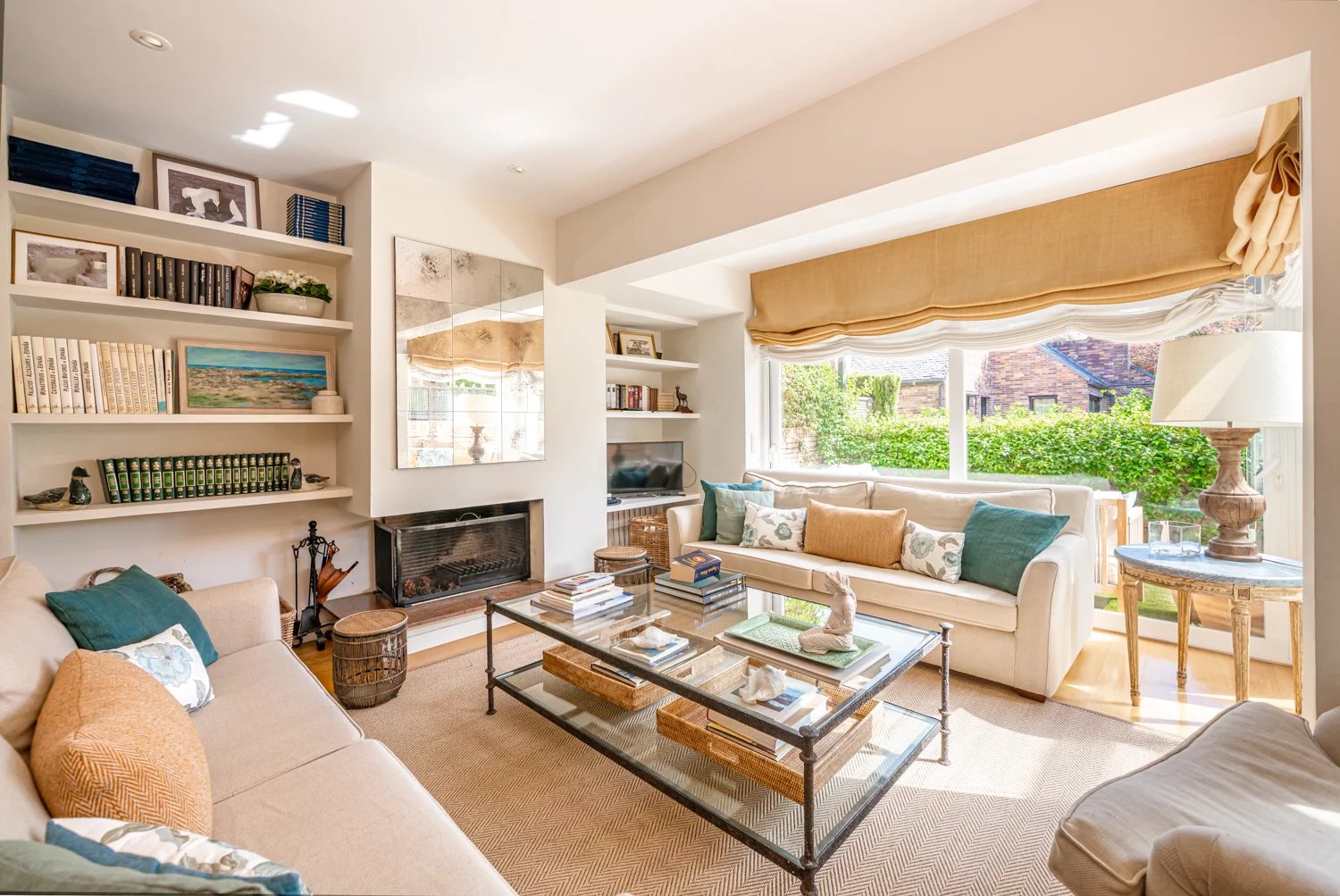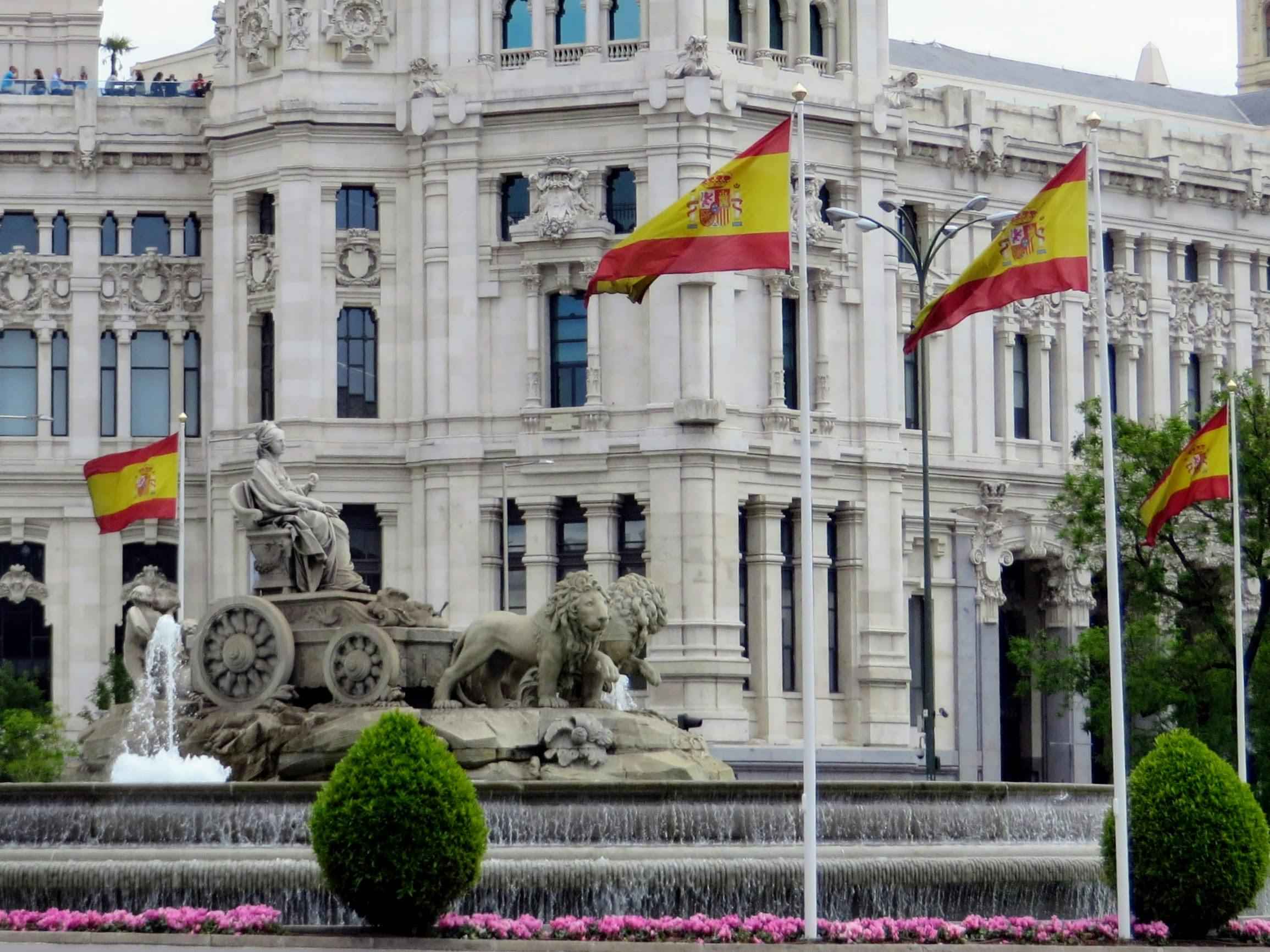
2025-10-15
Registering in Madrid
.jpg)
A Practical Guide
What is “empadronamiento” and why does it matter?
Empadronamiento is the administrative registration that certifies your habitual residence in a municipality. It’s not a mere formality: it determines your polling station, access to public services (healthcare, education, social services), and allows the Administration to legally notify you at your address. The obligation to register is set out in Law 7/1985 (as amended by Law 4/1996), which requires registration in the municipality where you habitually reside; if someone lives in several municipalities, they must appear only in the one where they spend the most time throughout the year.
Can you be registered in two places at the same time?
No. Local government rules and the INE’s (National Statistics Institute) guidance require that the registration reflect a single habitual residence for census purposes. Duplicate entries are corrected ex officio when detected, and registrations must be processed in the primary municipality (where you spend the most time during the year). In short: it is not legal to be registered in two places at once.
Can I live in one place and be registered in another?
The rule is clear: your habitual residence and your registration should match. If you move (renting or buying), the legal and administrative recommendation is to update your registration in the new municipality. The City of Madrid explicitly reminds residents on its website: everyone living in Spain must be registered in the municipality where they habitually reside, and if they live in several, they must register in the one where they spend the most time in the year.
Practical consequences of not registering where you actually live
- Voting and electoral roll: you can only vote in the polling station corresponding to your registered municipality (and section). If you reside elsewhere, you won’t be able to vote there.
- Aid and grants: many municipal or regional benefits require proof of residence in the municipality/region where they are applied for; a “misaligned” registration can exclude you or delay proceedings.
- Notifications: notices about local taxes (e.g., IBI on a property you own) and other communications are sent to the registered address; if you don’t live there, you may miss deadlines and incur surcharges.
Are there sanctions for incorrect or duplicate registration?
Sanctions and amounts depend on municipal bylaws or decisions. National regulations (Municipal Register Regulations: Royal Decree 1690/1986) allow administrations to correct duplicates and false data; some city councils have adopted specific sanctioning regimes in cases of fraud or non-compliance. By way of example, some ordinances set fines of up to €3,000 in serious cases, in addition to potential criminal liability for document falsification.
How to register (or change your registration) in Madrid
- Identify your habitual residence: if you spend time in several places, choose the one that adds up to the most days per year. That will be your main registration.
- Gather the documentation: DNI/NIE/passport and occupancy title (deed, rental contract, or authorization from the property holder).
- Process the registration or change: you can do it online or in person with Madrid City Council. In many procedures, you won’t need to provide a certificate if you authorize inter-administration checks.
- Automatic removal from the previous municipality: the new registration may trigger deregistration from your previous one; duplicates are cleaned up through data cross-checks between municipalities and the INE.
Frequently asked questions
What if I travel a lot for work?
The criterion is not “where I work” but “where I habitually reside.” If you genuinely split the year, choose the municipality where you spend the most effective time.
Can I register without a rental contract?
There are procedures to prove residence without a lease (sworn statements, reports from social services or from the property holder), with specific criteria in Madrid for vulnerable cases.
Can I be deregistered ex officio?
Yes. In cases of false data or detected duplicates, the regulation allows removals and corrections. Some municipalities impose sanctions; check your local ordinance.
Buy your new residence
If you’re organizing a move within Madrid or considering buying/renting and need to align location, housing and paperwork, we can help with verified information and hands-on support. At BARNES Madrid.

.jpg)


